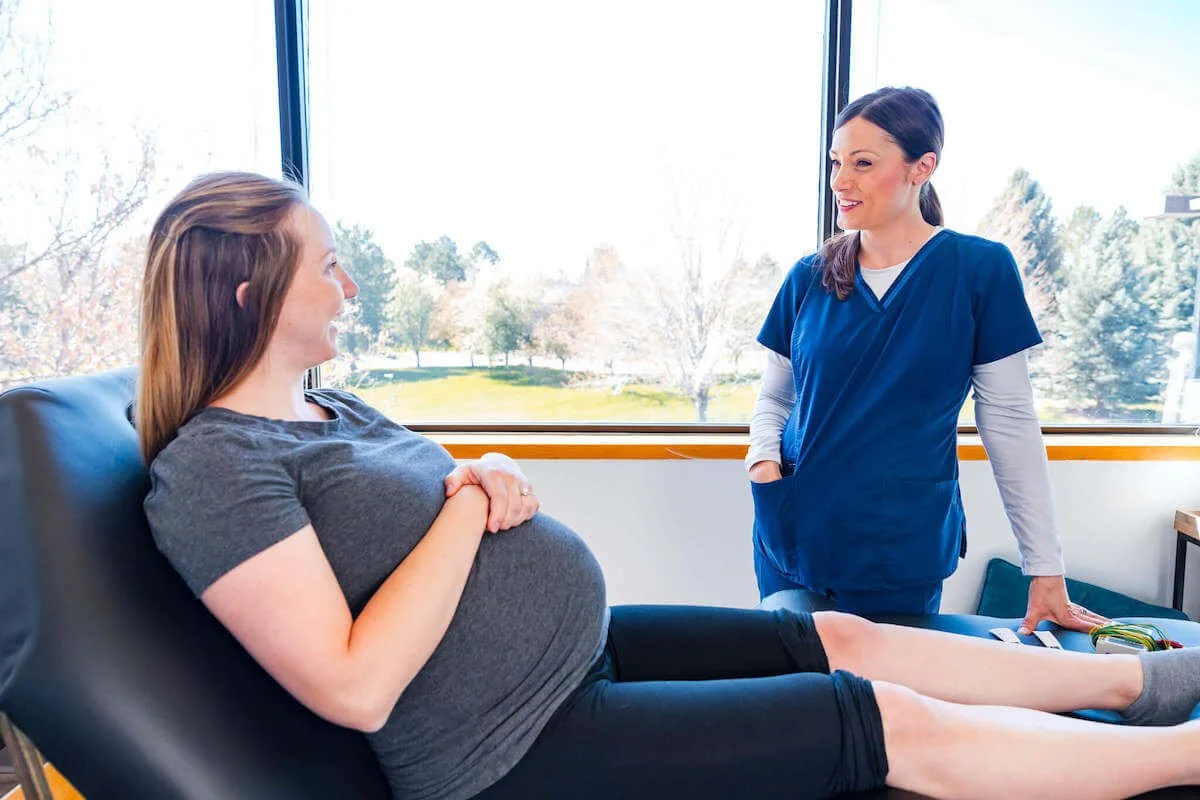Acupuncture & Dry Needling in Centennial, CO for Fertility, Pain & Sports Recovery. Serving Denver, Lone Tree & Parker.
How Acupuncture Supports Fertility, Pain Relief, and Performance
Specializing in fertility, IVF support, pregnancy acupuncture, chronic pain relief, and athletic injury recovery using acupuncture and dry needling.
Fertility Acupuncture
Hormone Balance, Cycle Sync, Stress Relief, Pregnancy Prep.
IVF Acupuncture
Stim/follicle & Embryo Transfer Support, Stress Relief, IVF Optimization
Prenatal Labor Preparation
Cervical Ripening, Baby Positioning, Natural Induction Support
Sports Medicine/Pain
Injury Recovery, Sport Performance, Neuropathy, Acute/Chronic Pain Relief
Dr. Cheryl Kujawinski, DACM, L.Ac.
Sports Medicine & Women's Health Acupuncturist | Doctor of Chinese Medicine
Dr. Cheryl Kujawinski is a licensed acupuncturist and Doctor of Chinese Medicine specializing in both orthopedic sports medicine and women’s health. She helps active individuals recover from pain and injury, and supports women through every stage of their hormonal and reproductive journey — from cycle regulation and fertility to pregnancy and postpartum care.
With over a decade of clinical experience, Cheryl combines traditional Chinese medicine with modern, evidence-informed techniques like electroacupuncture and dry needling. Her approach is hands-on, personalized, and focused on long-term healing and sustainable results.
Whether you're recovering from a sports injury, navigating fertility challenges, or simply want to feel better in your body, Cheryl’s care is rooted in clinical insight, compassion, and a deep respect for each patient's unique story.
Outside the clinic, she enjoys hiking, skiing, paddleboarding, and spending time with her husband, son, and their dog, Henry, in the Colorado outdoors.






